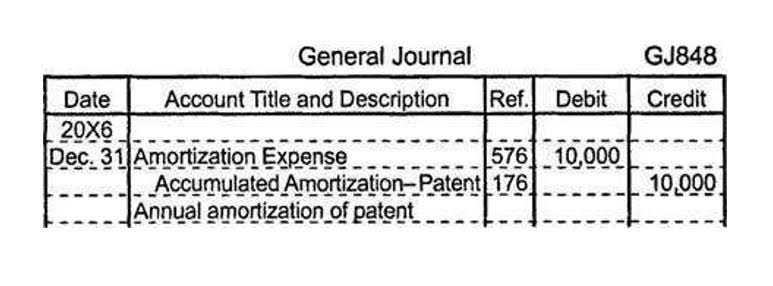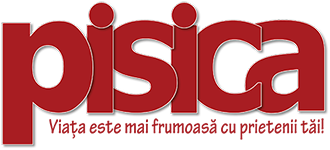
Manually calculating, withholding, and submitting payroll taxes can be overwhelming. The second method for calculating federal withholding is the Percentage Method. It is not a recommended method if you are doing payroll taxes on your own. Employers usually must file with the IRS Form 940 („Employer’s Annual Federal Unemployment FUTA Tax Return”) and Form 941 („Employer’s Quarterly Federal Tax Return”). Employees may not claim more exemptions than those to which they are entitled.
How often do they need to be paid?

Generally speaking, employers must report wages, tips, and other compensation to the IRS by filing the required form or forms. Similarly, any tax payments you make must be reported by filing the applicable tax form, such as Form 941, 943, 944, 945, or 940, either on paper or through e-file. Many payroll providers, like OnPay, offer tax reporting services to calculate payroll taxes and file them for you.
- Learn exactly what your responsibilities are, when to file, and how to do your taxes with our expert-led webinar.
- Using payroll software can help automate tax compliance, saving your payroll team time and effort.
- You withhold the surtax from employee wages, but there is never a matching payment required by the employer.
- For example, instead of paying $420 per employee per year (6% of $7,000), employers in states without a FUTA credit reduction could pay only 0.6% of $7,000, or $42 per employee per year.
- It is not a recommended method if you are doing payroll taxes on your own.
- In some cases, employers may be personally liable for unpaid taxes, making compliance a critical priority.
Employers’ responsibilities for payroll do not include: a. Maintaining individual earnings records..

CPP, CPP2, EI, and income tax will usually have to be deducted from these additional amounts. Regardless of their deposit schedule, businesses must file a payroll tax return each quarter. This could Form 941, 943, 944, or 945, depending on your business type. Similarly, businesses must file an annual payroll tax return, such as Form 940, Employer’s Annual Federal Unemployment (FUTA). FUTA and SUTA taxes, on the other hand, must generally be paid quarterly.

How Lattice Payroll Simplifies Payroll Tax Compliance

Keeping track of all the employer-paid taxes for payroll isn’t easy, and you might not realize you’ve missed one until you receive an agency notice that may include assets = liabilities + equity a penalty. Below are the most common employer-paid taxes that must be deposited by employers, along with filing the appropriate forms. In addition, employers are responsible for withholding the 0.9% Additional Medicare tax on an employee’s wages and compensation that exceeds $200,000 in a calendar year. Also called employment taxes, payroll taxes are withheld from an employee’s paycheck by the employer. The employer then submits that payment to the appropriate taxing agencies on behalf of the employee.
Recent Questions in Business Law and Ethics
States are responsible for paying unemployment employers responsibilities for payroll do not include benefits to eligible workers who are involuntarily terminated. The rate employers must pay is based on their claims experience. The more claims made by former employees, the higher the tax rate.
- As a result, the employer will be required to pay a higher FUTA tax rate than employers in states without credit reductions.
- In general, you must deposit federal income tax withheld as well as the employer and employee Social Security and Medicare taxes and FUTA taxes.
- If your organization uses independent contractors, they’re exempted from these rules and are responsible for paying their own employment-related taxes.
- Again, a payroll provider like OnPay can handle this process for you, or you can do it yourself using Publication 15 for Forms 941, 944, and 945, or Publication 51 for Form 943.
- To avoid payroll tax mistakes, use up-to-date tax tables, review employee classifications regularly, and stick to a consistent payroll schedule to meet deposit deadlines.
- You could also qualify for the work opportunity tax credit (WOTC) if you hire individuals from target groups, such as veterans or those facing long-term unemployment.
- Enter the vacation pay amount for the pay period, if applicable.
- Small business payroll taxes are even more complicated than your personal taxes, which is one reason why many businesses tend to seek outside help or use a tool to keep track of it all.
- Federal tax deposits should be made electronically via the free Electronic Federal Tax Payment System (EFTPS).
- You do not begin withholding the Medicare surtax until the pay period in which you pay wages in excess of $200,000 to an employee.
- If the employer does not report these taxes, they can be charged with a criminal offense.
To avoid payroll tax mistakes, use up-to-date tax tables, review employee classifications regularly, and stick to a consistent payroll schedule to meet deposit deadlines. You can also reduce errors by automating payroll processes or working with a trusted payroll provider to help manage payroll Medical Billing Process taxes accurately. You may also want your staff to complete a direct deposit authorization form. Employers are not responsible for paying federal income tax or Additional Medicare tax for high earners, as those are solely deducted from employee taxable wages.
